5 Ways Translators and Interpreters Change the World Every Day
CLEAR WORDS
TRANSLATIONS
All News
January 9, 2020 |
5 Ways Translators and Interpreters Change the World Every Day
Myths, cliches, and urban legends about translators and interpreters make it hard for people in the language industry to explain the nature of their work. Language experts are often seen as walking dictionaries, obsessed with punctuation and grammar, who never take their eyes out of books or away from computers.
The truth is, in this industry, experts are often underestimated or, even worse, ignored. There may be an International Translation Day set by the UN, but many people still struggle to accept that the world can’t function without translators and interpreters–not in the way we know it, at least.
Here are at least five ways translators and interpreters change the world every day to make it a better and safer place.
1. Language Experts Collaborate with Journalists to Keep the Public Informed
People who read international news rarely think about who makes it possible. Most readers assume that journalists are bilingual or simply ignore the fact that someone should speak at least two languages to report on events that occur outside national borders.
While bilingual journalists exist, many reporters collaborate with translators or interpreters. It’s an effective way of making sure they get all the information they need and don’t miss any hidden meaning behind statements.
What happens when journalists don’t call the linguists and rely exclusively on their language skills or Google Translate? They risk reporting incorrect news and inaccuracies.
One example could be the now-famous Finnish four-day working week. It’s hard to identify the source of the fake news that made it to the headlines of The Guardian and The Daily Mail.
From what some people say, it may be a simple translation error that happened when foreign journalists picked up the story. No one went back to the original source to check whether the translation of the original tweet published by the Finnish PM was accurate or not.
2. Translators and Interpreters Are Often in the First Line of Defense Against Terror Threats
Translators and interpreters have explained more than once how dangerous and important this job can be in conflict zones. In an open letter to U.S. Senators and Representatives from 2016, several associations asked American authorities to help linguists living under constant threat in their home countries.
The letter explained how translators and interpreters contributed to countering terrorist attacks and paid personal costs for it. Among other activities, linguists translate terrorism chats and interpret for troops in conflict zones, putting their lives and families at risk.
Experienced translators and interpreters ensure the language capabilities of authorities, as they try to keep up with external threats. Linguists support interrogations and even translate intercepted text messages and emails written by terrorists.
In war zones, they facilitate communication between armed forces, enforcing collaboration between allies, and eliminating miscommunication issues. In this field, any communication error could become a death threat.
3. Legal Interpreters Ensure Justice in Courtrooms
Expats with limited language skills are unable to navigate the complex legal systems in place overseas. Without legal interpreters, they could lose their human right to having a fair trial and public hearing.
In the U.S., for instance, more than 40 percent of immigrants state that they don’t speak English well or very well. Many have difficulties in getting access to legal services when necessary.
Interpreters ensure justice in courts in the U.S. and all over the world by helping people, whether they’re victims, witnesses, or defendants.
While it may seem that the interpreter is there to help a single person who isn’t proficient in the official language, the truth is, the language expert helps anyone in the room understand facts and make the right decisions.
Interpreters don’t only help a person communicate inside the courtroom; they also ensure the judges (or juries), the lawyers, and all the people present in the room are part of a process that respects human rights. Language experts facilitate communication between all parties and make reconciliation possible, saving significant resources and speeding up legal processes.
Many people, including some judges, believe that any random person can be a reliable interpreter in court, but this job isn’t easy. Legal interpreters need special skills and in-depth knowledge of legal terms to ensure the accuracy of the interpretation and facilitate truth in tribunals.
4. Language Experts Help Deliver Humanitarian Aid to People in Need
According to Translators without Borders, populations currently in crises speak a total of 1,200 languages. Organizations that are aiming to help these people lack the language support necessary to deliver life-saving assistance.
Translators and interpreters make communication possible between people who need help and those who are willing to provide healthcare, food, or education. Sometimes they need to have several people involved in the process, as there’s no direct interpreter from the local dialect into English, which makes the exchange of ideas difficult.
However, language experts are working on finding more suitable solutions that could help humanitarians communicate more effectively in countries currently in crisis. Thanks to technology, many marginalized populations could get access to information and get the help they need.
5. Translators and Interpreters Help Keep Peace
Linguists and language experts do more than spread messages by rewriting them in multiple languages. They also translate culture and contribute to teaching tolerance so that messages of peace reach people everywhere.
Translators and interpreters are crucial to global affairs, from UN reunions to one-on-one meetings between heads of states and other authorities. The work of language experts ensures collaborative international relationships between countries, as well as between international organizations and nations.
International forums that negotiate world peace are successful thanks to translators and interpreters that help people communicate without the fear of being misunderstood. They can gather data from endangered areas, plan armed and humanitarian interventions, and interact with locals. Many of the things wouldn’t be possible if people had difficulties in understanding terms and expressing their requirements.
Language Services Support the World
As we enter into a new decade of increased globalization, it’s important to understand how professional language experts contribute to changing the world.
Many of the things people take credit for, such as international news, military alliances, and trade treaties, are possible thanks to interpreters that go through long hours of negotiations and translators who write thousands of documents.










